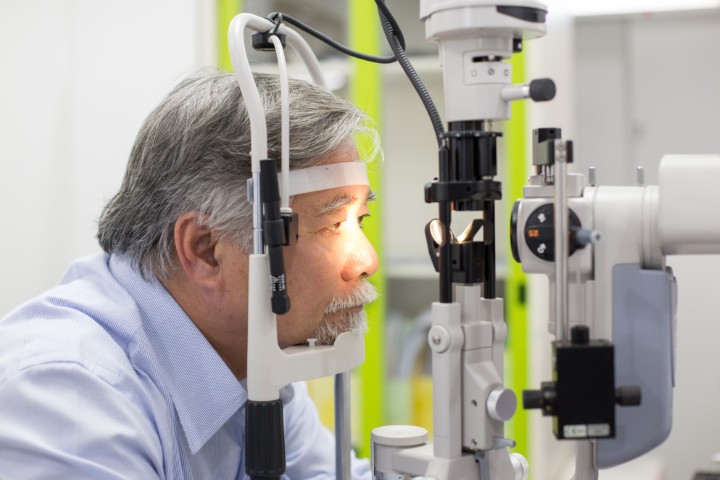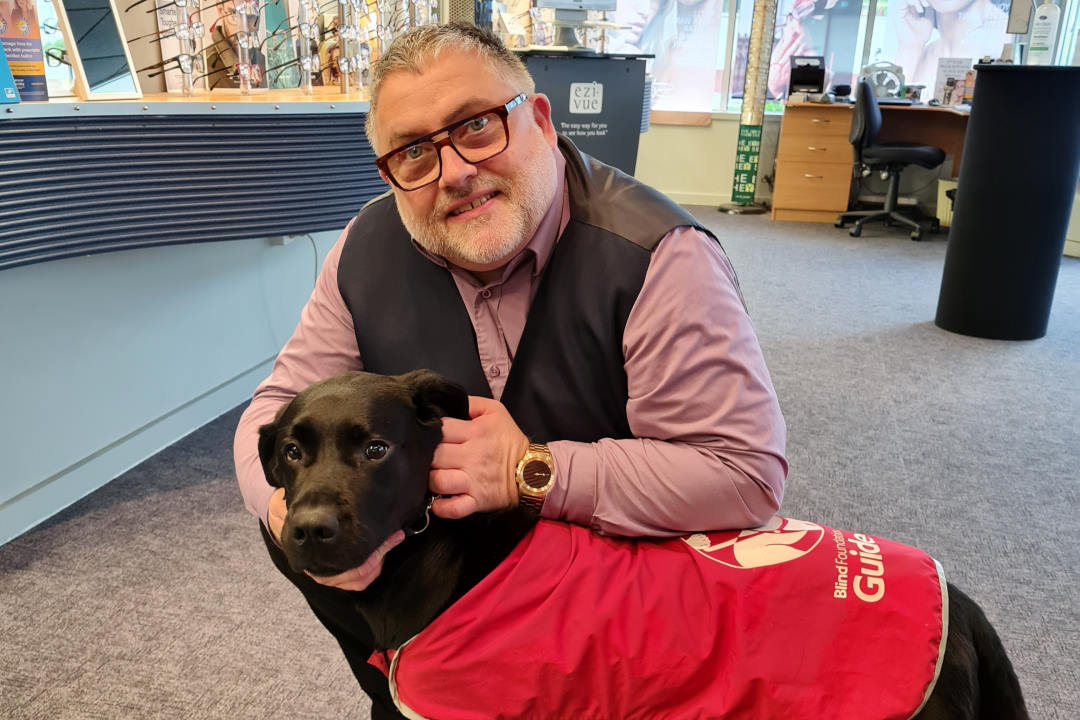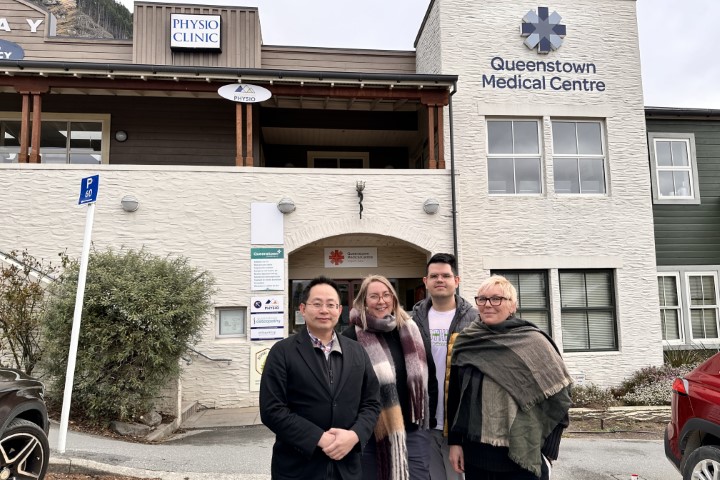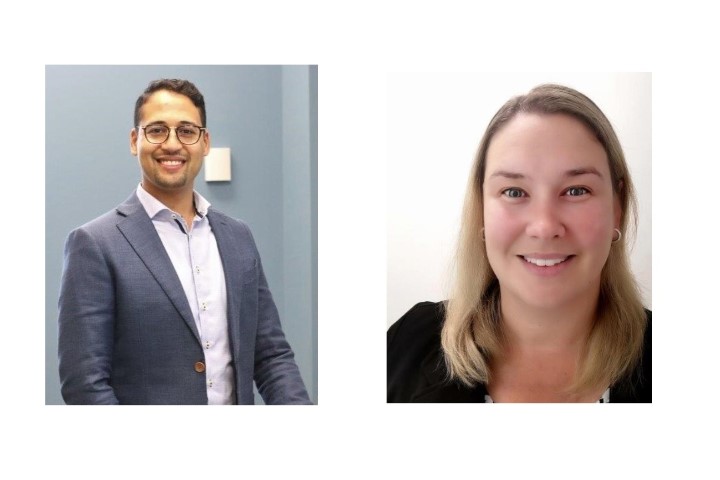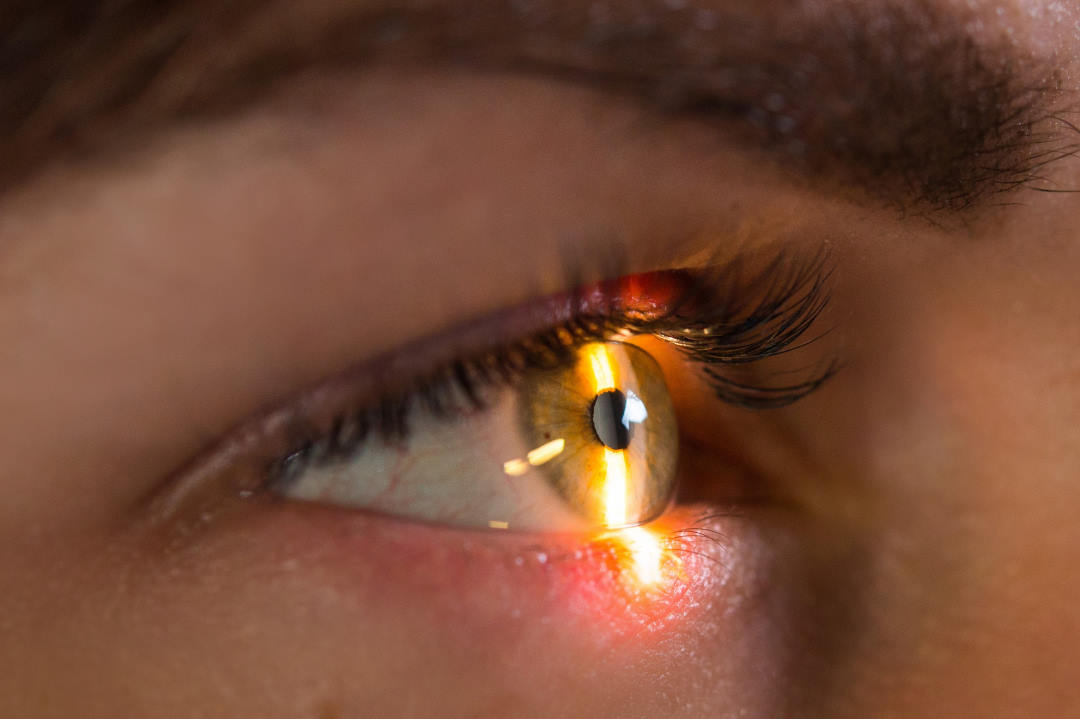ARPA-H supports whole eye transplant
A US health agency is committing up to NZ$217.41m to develop the first-ever vision-restoring eye transplant.
“What if we could cure blindness? Modern medicine can correct some eye problems, but we really have no way to restore lost vision, which the Transplantation of Human Eye Allografts (THEA) programme now seeks to change,” said Dr Renee Wegrzyn, director of the Advanced Research Projects Agency for Health (ARPA-H). “THEA intends to revolutionise the reconnection of nerves to the brain and develop breakthroughs in transplantation, preservation and neuroscience.”
ARPA-H will select teams to test and evaluate the best therapies to regenerate cranial nerves, maintain critical structures in the eye after transplantation and prevent postoperative inflammation or rejection. THEA will leverage emerging microsurgical techniques, coupled with genetic and cell-based therapies, to preserve or regrow nerves from the eye to the brain. These regenerative solutions could help prevent degenerative blindness and are a critical step towards successful whole-eye transplantation to restore vision, said Dr Wegrzyn.
ARPA-H THEA programme manager Dr Calvin Roberts said they intend to address the challenge of bringing back a person’s ability to see by transplanting the whole donor eye, reconnecting nerves, muscles and blood vessels to the brain to restore vision.










